It isn’t a route, it’s a jungle.
In early August, President & CEO of the Wilson Center Ambassador Mark A. Green visited Panama and Costa Rica, witnessing first-hand the dangerous trek thousands of men, women, and children are making each day in search of a better life. Many start their journey in the Darien Gap—a stretch of dense jungle located between Colombia and Panama. While the majority of refugees and migrants heading through the Darien are Venezuelans escaping the regime of Nicolas Maduro—70% by recent estimates—the remainder hail from all over the world. Despite signs declaring “No es una ruta, es una jungla,” or the Darien isn’t a route, it’s a jungle, people continue to risk their lives to bring their families some safety and security.
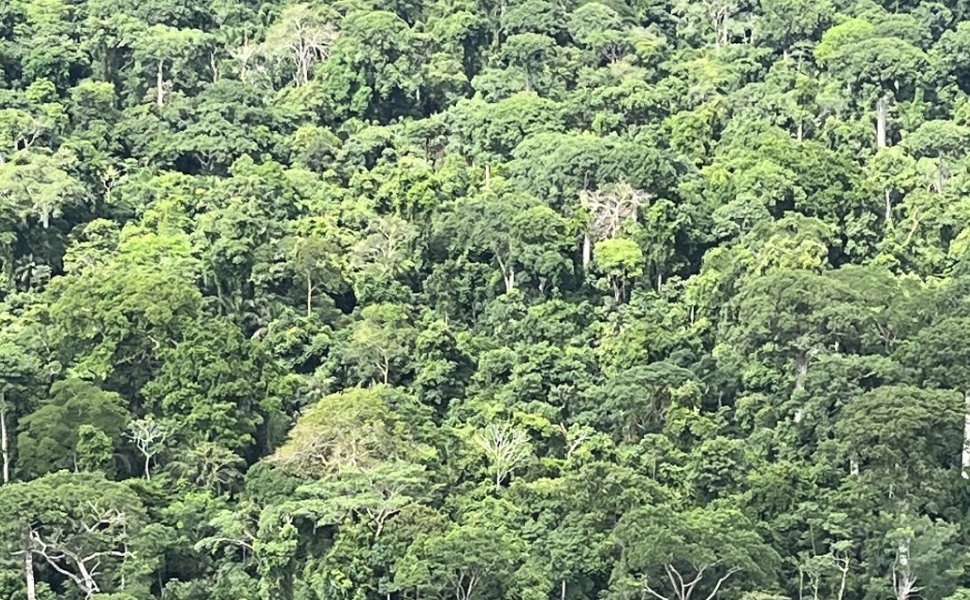
Nobody believes that the current Central American migration framework is a sustainable answer to the challenges that mass displacement poses, writes Ambassador Mark A. Green.
Read in The National InterestAmb. Mark A. Green and Eddy Acevedo consider ways for the US and its partners, including Panama and Costa Rica, to work together to break apart smugglers' incentives and ensure the humane treatment of migrants and refugees.
Read in The Miami HeraldA Digest of the Trip
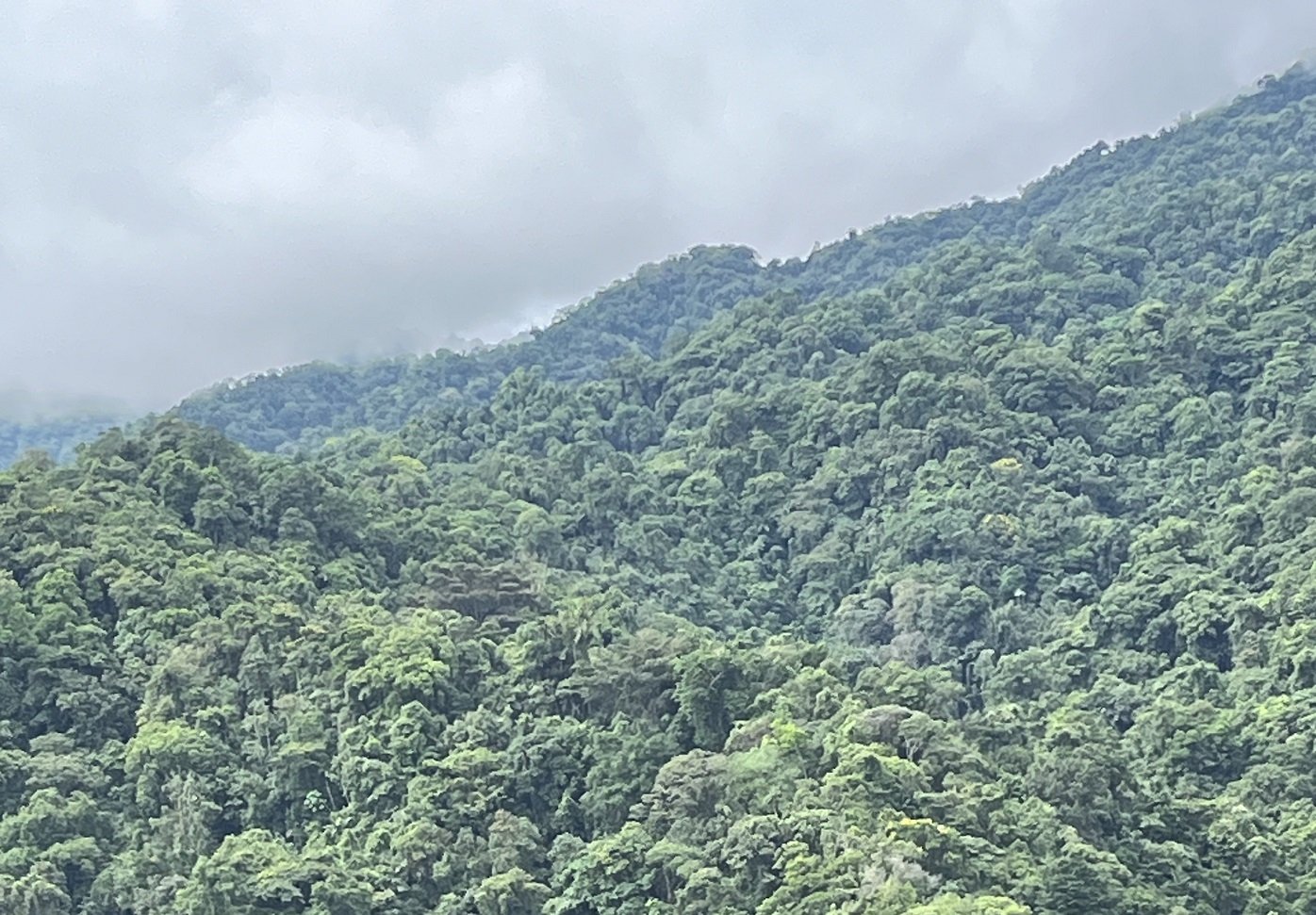
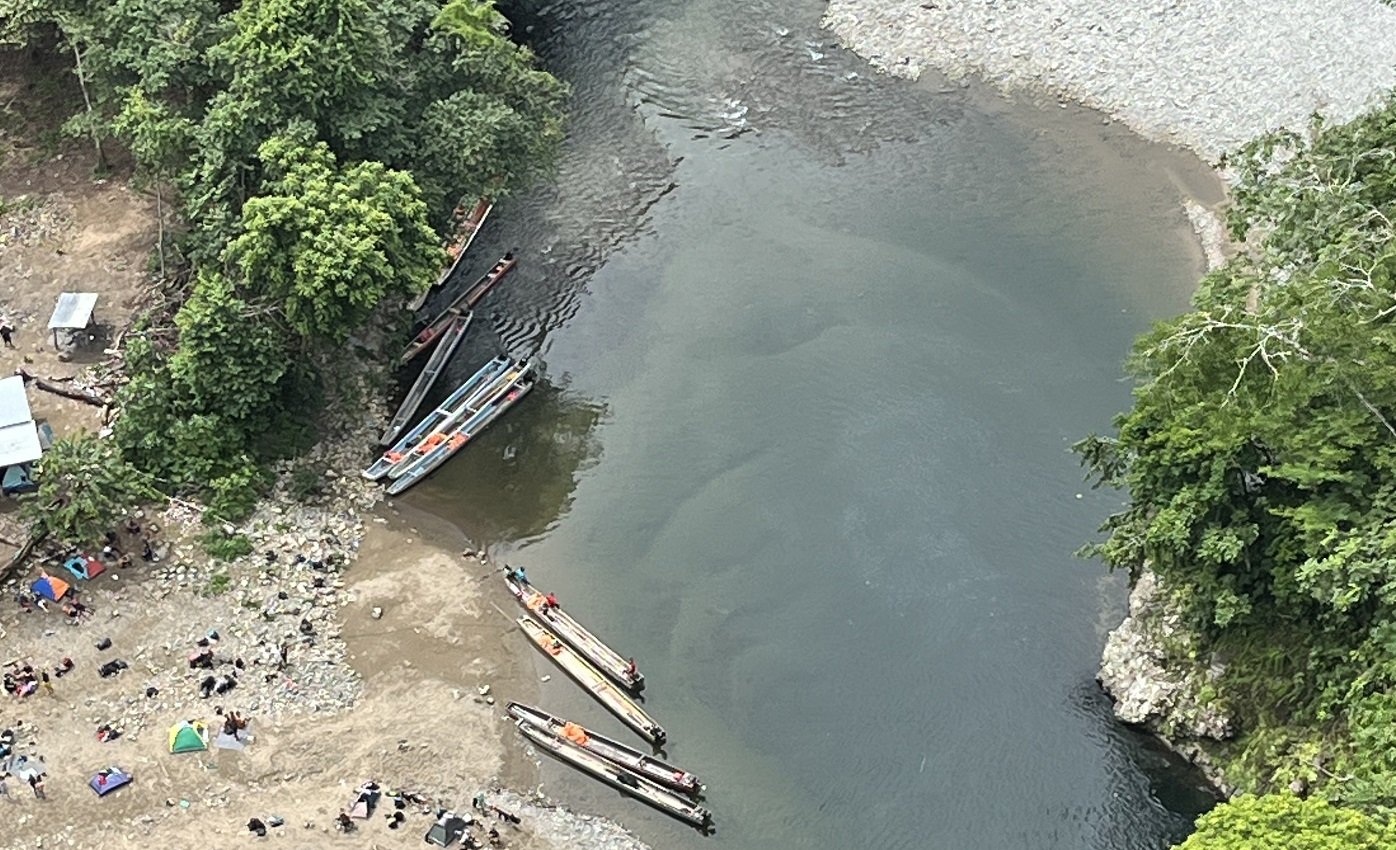
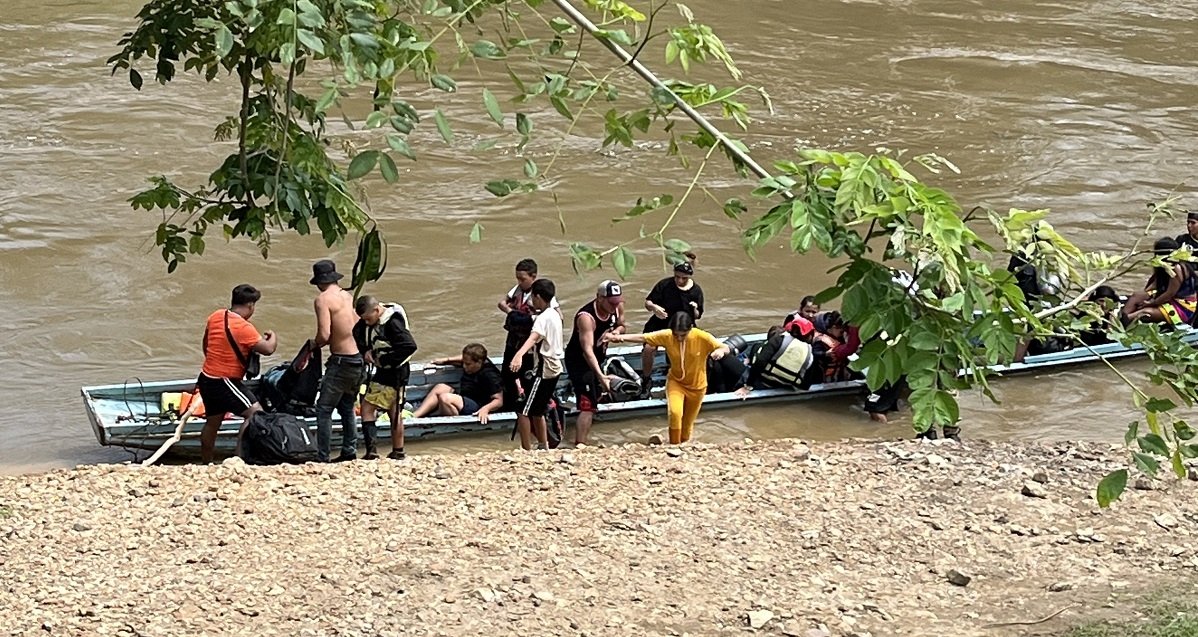
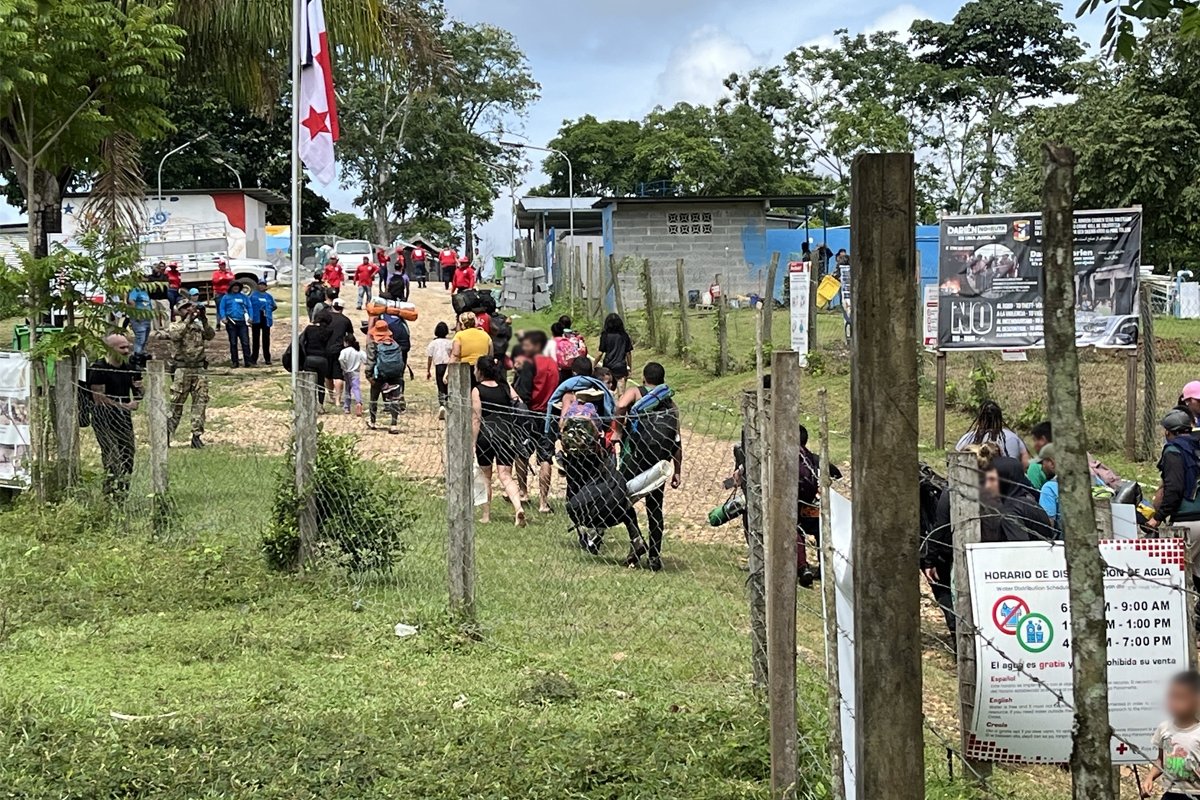
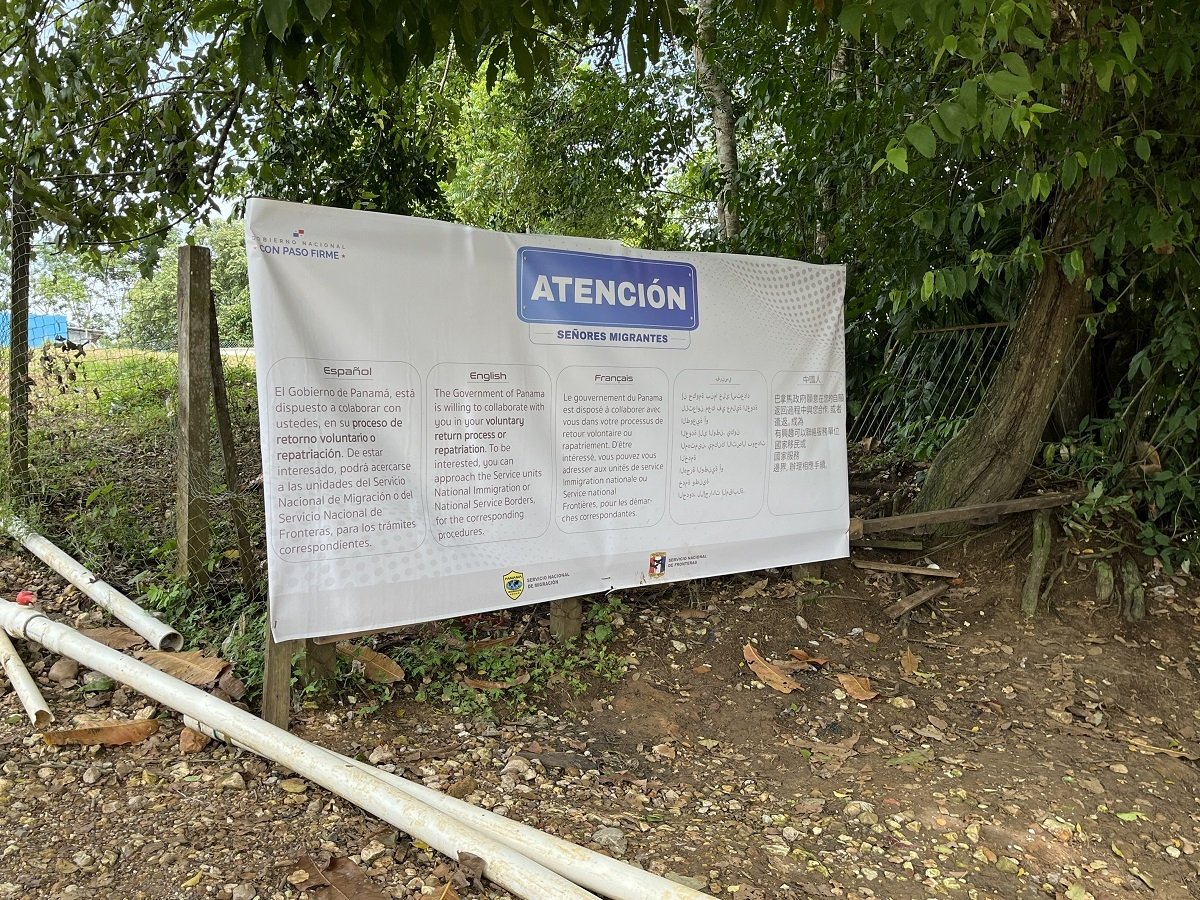
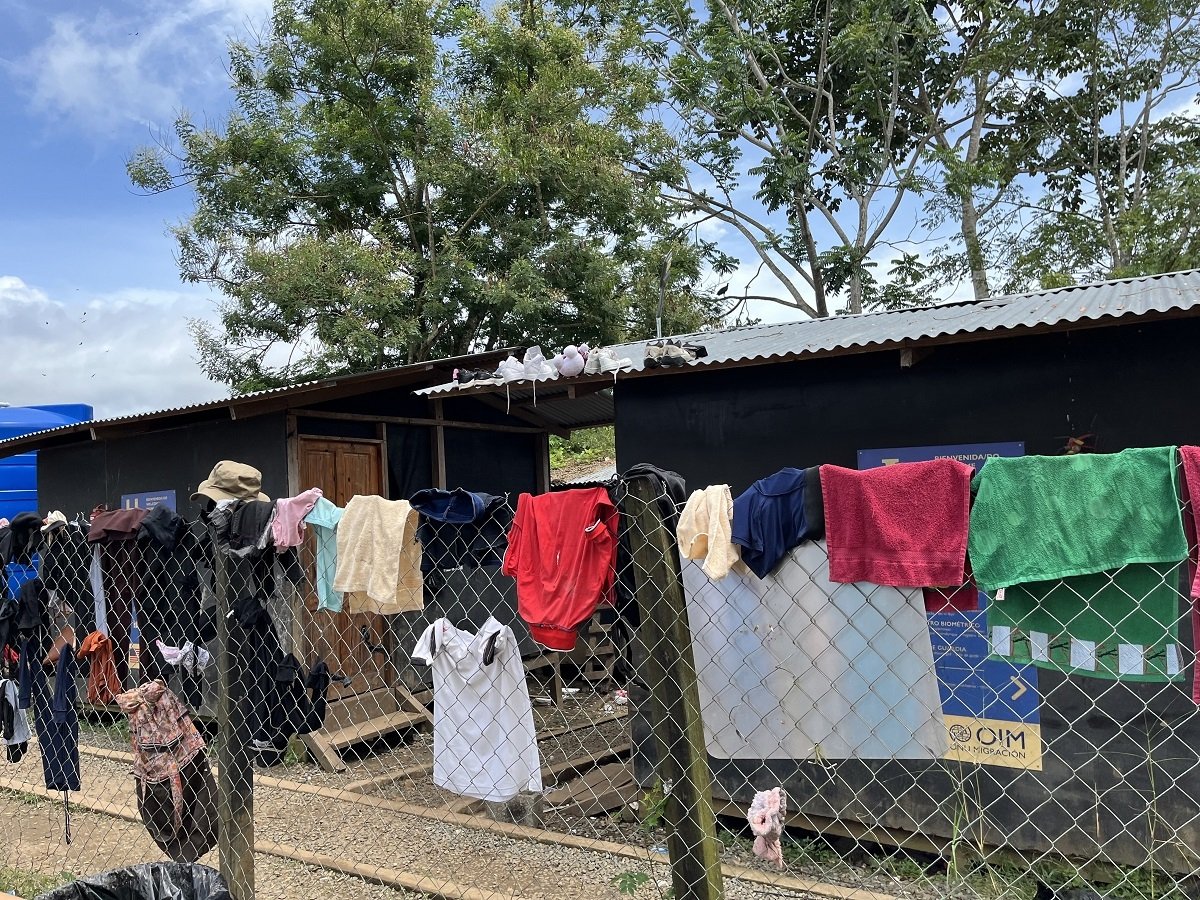
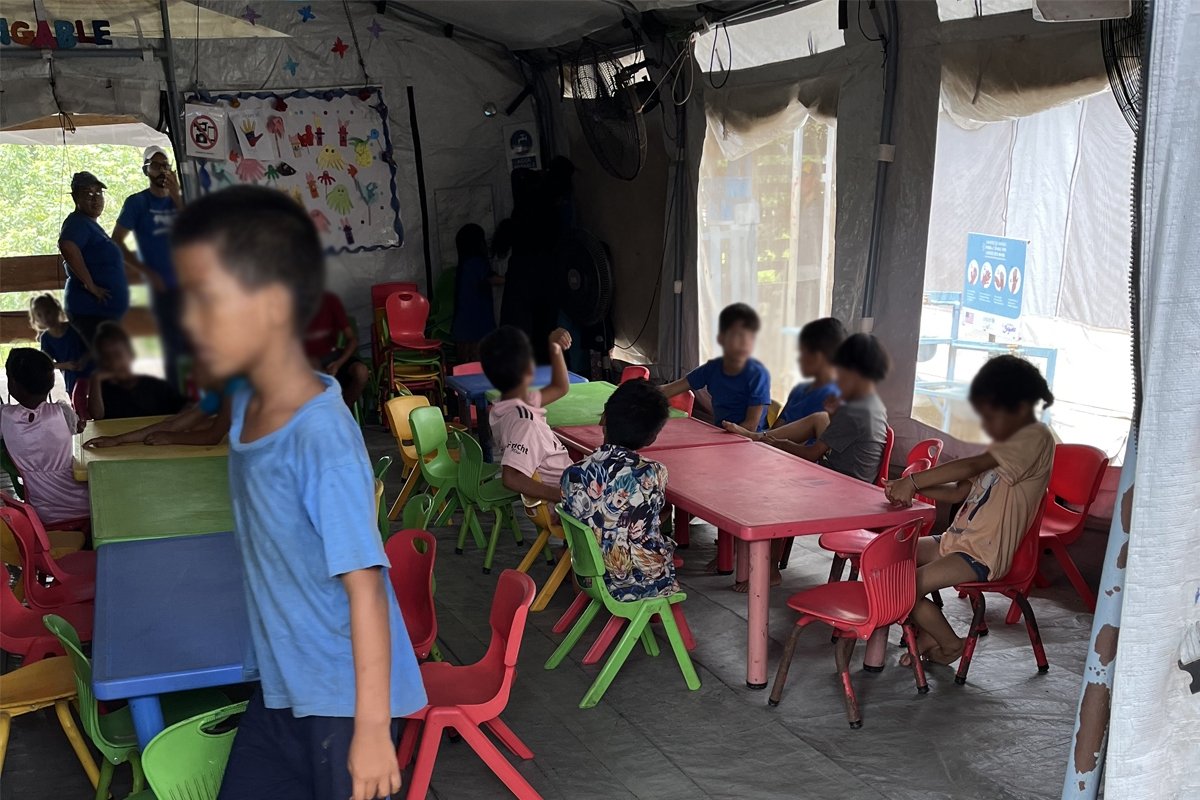
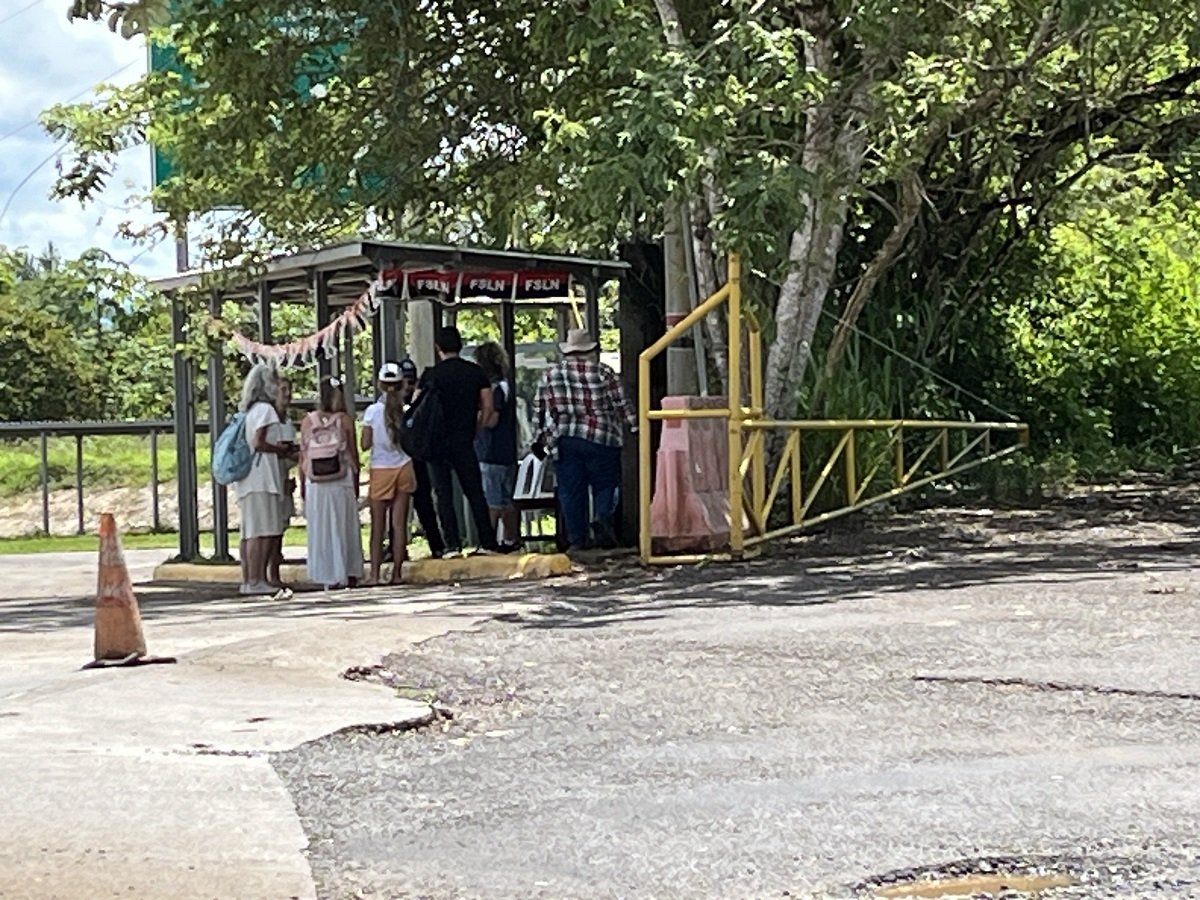
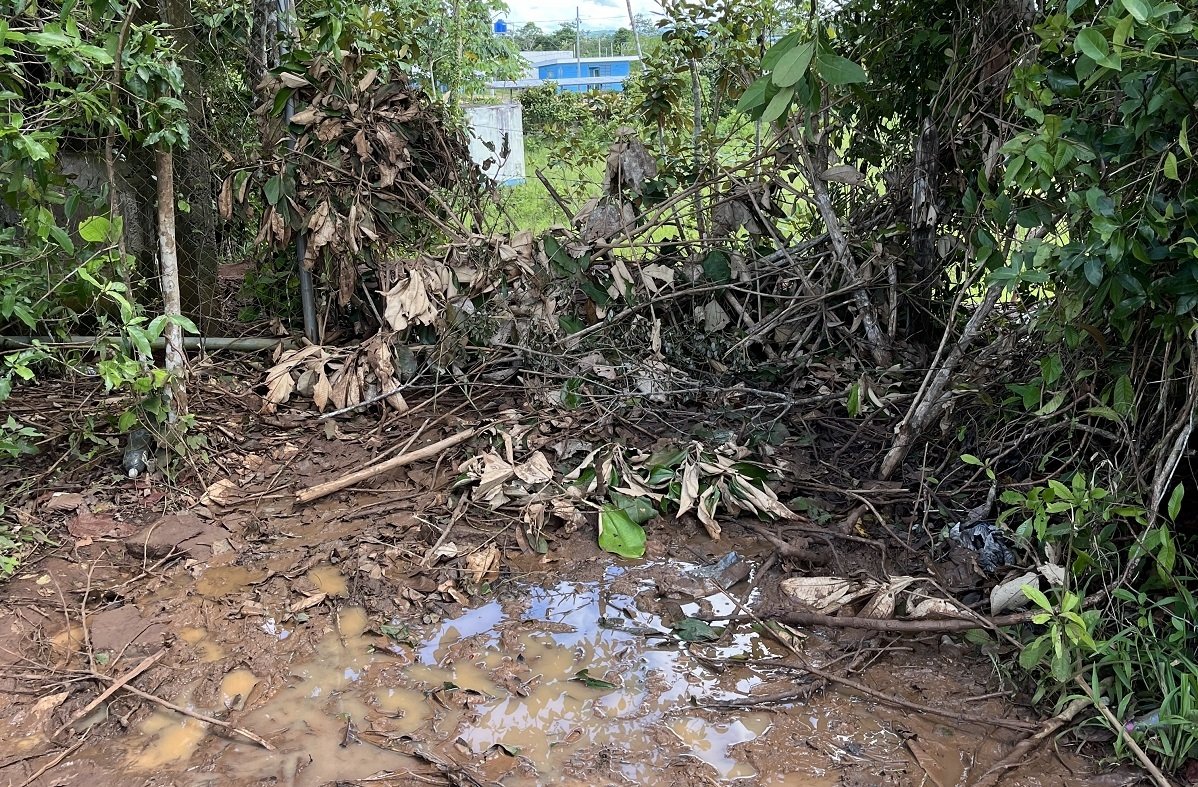
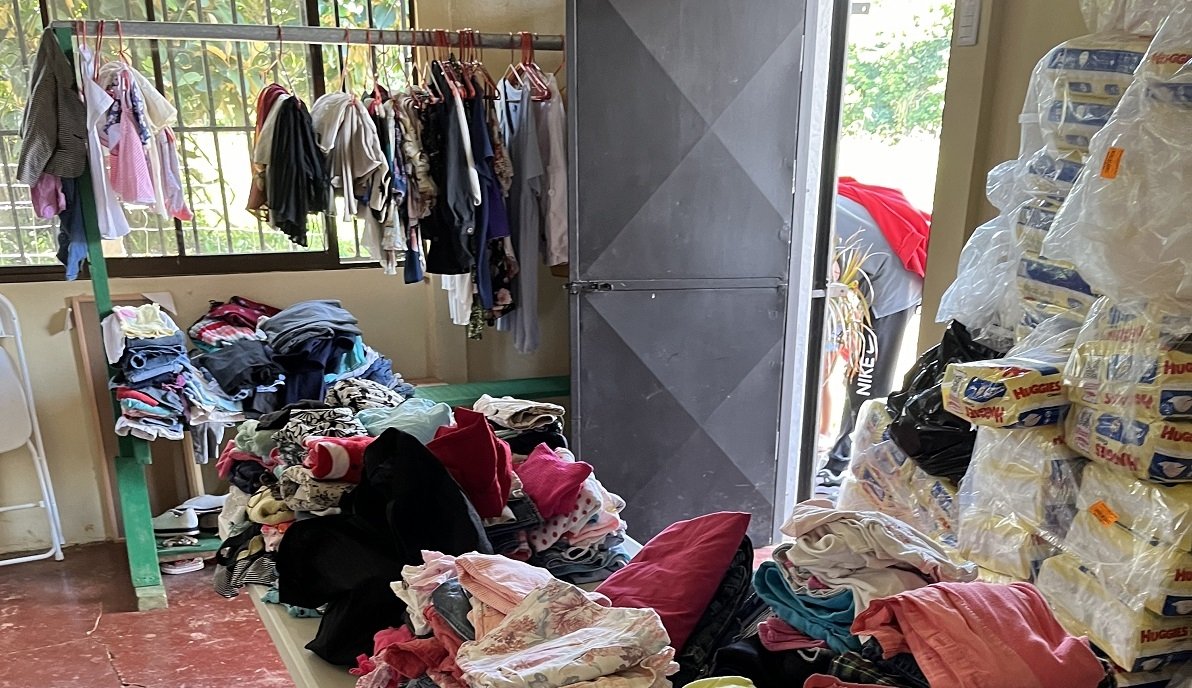
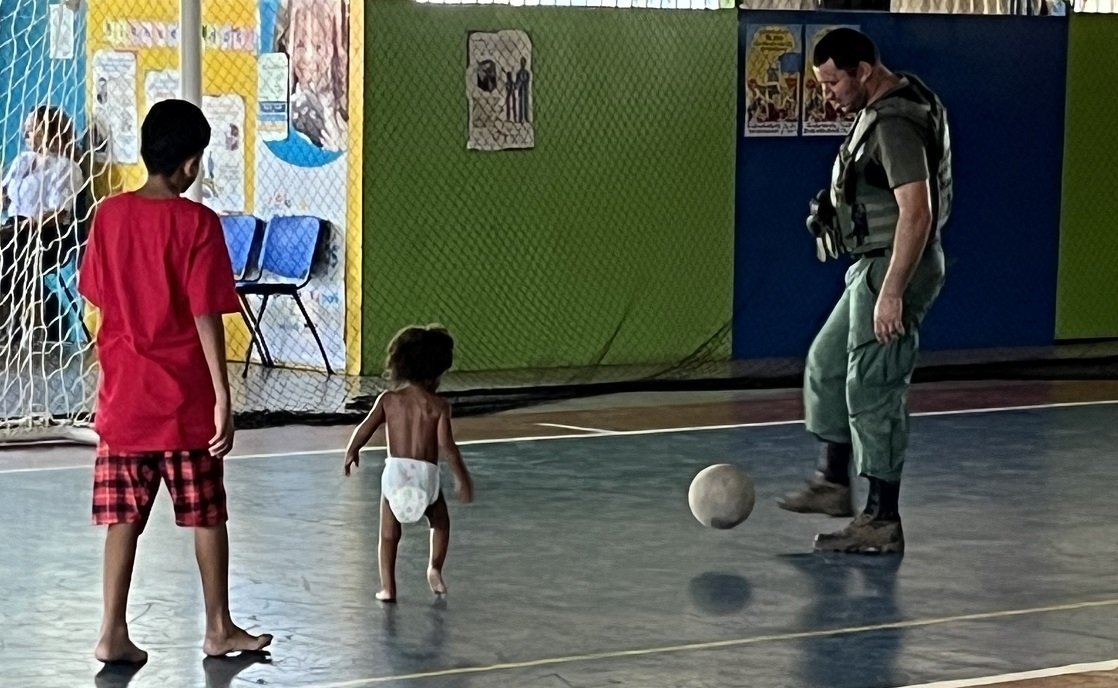


Into the Jungle
Refugees journeys start here in the Darien Gap—a vast and dense jungle stretching between Colombia and Panama.

Rowing to Safety
As families leave the dense rainforest, canoes stand ready to take them to shelter - for a price. A seat costs $10 USD for every man, woman, and child.

Arrival
To keep things moving, villagers call ahead to the temporary reception center (ETRM) so humanitarian workers know how many travelers are coming.

Welcome to Lajas Blancas

Migrants and refugees arrive by the dozens at the Lajas Blancas ETRM in Panama. While signs warn the Darien is not a migration route, people continue to come—approximately 70% are Venezuelans forced to flee the Maduro regime.

Atención Señores Migrantes
Yet many others come from around the world: officials estimate more than 20 different nationalities are represented in the hundreds of refugees coming through the jungle each week.

Time to Dry
After trekking through the jungle, clothes can finally be washed, shoes dried, and phones charged.

Back to School
Makeshift schools return a bit of normalcy to the many children and families on this journey. One in five migrants along this route are children, and many travel without their parents.

From North to South
The flow of migrants isn’t just one way: here at the northern border of Costa Rica, neighboring Nicaraguans escaping persecution often flee south.
Some cross as formal border stations…

The Orange Grove
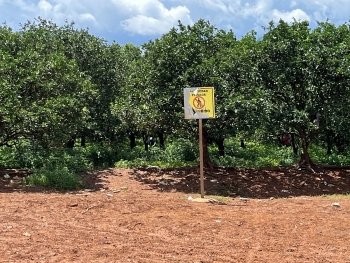
… while those who cannot pay the border guards find alternate routes. A nearby orange grove has become a makeshift highway.

Casa Esparanza
At Casa Esparanza, aid workers are ready to deliver supplies. One can find clothes for all ages.

“En Espacio Seguro”
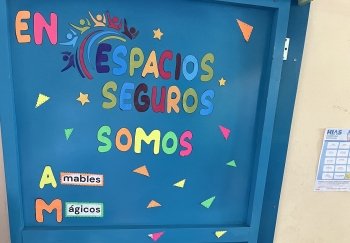
No matter where they are on their journey, children need safe spaces where they can simply be kids…

Looking Ahead
… and where they and their families can remain hopeful despite an uncertain future.
Explore more related to this collection

Refugee and Forced Displacement Initiative
The Refugee and Forced Displacement Initiative (RAFDI) provides evidence-based analyses that translate research findings into practice and policy impact. Established in 2022 as a response to an ever-increasing number of people forcibly displaced from their homes by protracted conflicts and persecution, RAFDI aims to expand the space for new perspectives, constructive dialogue and sustainable solutions to inform policies that will improve the future for the displaced people. Read more


Latin America Program
The Wilson Center’s prestigious Latin America Program provides non-partisan expertise to a broad community of decision makers in the United States and Latin America on critical policy issues facing the Hemisphere. The Program provides insightful and actionable research for policymakers, private sector leaders, journalists, and public intellectuals in the United States and Latin America. To bridge the gap between scholarship and policy action, it fosters new inquiry, sponsors high-level public and private meetings among multiple stakeholders, and explores policy options to improve outcomes for citizens throughout the Americas. Drawing on the Wilson Center’s strength as the nation’s key non-partisan policy forum, the Program serves as a trusted source of analysis and a vital point of contact between the worlds of scholarship and action. Read more


